Shaping Democratic Rights Worldwide
Democracy, derived from the Greek words “demos” (people) and “kratos” (power), is a concept that has morphed through various forms, philosophies, and practices over centuries. It embodies the principle of governance by the people, for the people. As both a political ideology and a mechanism of governance, democracy has profoundly influenced human rights worldwide, embodying the aspirations of people for justice, freedom, and equality.
The journey however, is complex, encompassing historical shifts, ideological battles, and philosophical debates, each of which has contributed to the shape and form of democratic rights as they stand today. Examining its history, philosophy, ideology, and the concepts that underpin it provides a holistic view of how democracy has evolved and continues to shape rights globally.

"The end of law is not to abolish or restrain, but to preserve and enlarge freedom." John Locke
All of our content is free to access. An independent magazine nonetheless requires investment, so if you take value from this article or any others, please consider sharing, subscribing to our mailing list or donating if you can. Your support is always gratefully received and will never be forgotten. To buy us a metaphorical coffee or two, please click this link.
Table of Contents
Direct Democracy was Revolutionary
The earliest semblance of democracy appeared in ancient Greece, most notably in Athens around the 5th century BCE. The Athenian model of democracy allowed free male citizens to participate directly in decision-making. This form of direct democracy was revolutionary for its time, fostering public engagement in governance.
However, this early form of democracy was limited and exclusionary; it excluded women, slaves, and non-citizens, revealing early tensions between democratic ideals and societal structures. Nevertheless, Athenian democracy laid foundational concepts like participatory governance, civic responsibility, and the primacy of public discourse, which influenced later democratic theories.
With the fall of Greek city-states, democratic practices receded, but the underlying ideals persisted, re-emerging periodically in various forms. The Roman Republic, for instance, offered a republican model of governance with representative elements. Unlike Athenian direct democracy, the Roman system was characterized by a mix of aristocratic and popular control, represented by the Senate and assemblies, respectively. This model established a precedent for representative democracy, a form that would become central to modern democratic states. Philosophers like Cicero championed the idea of natural law, arguing that all individuals possess certain inherent rights. This idea influenced later thinkers and laid the groundwork for the rule of law as a key component of democratic governance.

The Philosophical Roots of Democracy
The philosophical roots of democracy were further refined during the Enlightenment, a period that gave birth to some of democracy’s most influential thinkers. Philosophers like John Locke, Montesquieu, and Jean-Jacques Rousseau offered ground-breaking ideas about governance, human rights, and social contracts. Locke’s theories of individual rights, government by consent, and the right to rebel against tyranny were radical ideas that asserted the inherent dignity and autonomy of individuals.
These ideas significantly influenced the American and French revolutions, marking the beginning of the modern democratic era. Montesquieu’s concept of the separation of powers also became a cornerstone of democratic governance, proposing that power should be divided among legislative, executive, and judicial branches to prevent tyranny. Rousseau’s concept of the “general will” further advocated that true democracy requires the collective will of the people, highlighting the importance of public participation in governance.

"Democracy is the worst form of government, except for all the others that have been tried." Winston Churchill
The Transition from Theory to Practice
The American Revolution (1775–1783) and the subsequent drafting of the U.S. Constitution epitomized the transition from theory to practice. The framers of the Constitution implemented principles derived from Enlightenment ideas, including popular sovereignty, checks and balances, and the protection of individual rights. This Constitution, with its Bill of Rights, became one of the most influential documents in democratic history, emphasizing freedom of speech, religion, and the press, along with other fundamental rights. The French Revolution soon followed, introducing concepts like equality before the law and the abolition of aristocratic privilege, further entrenching democracy as a viable model of governance. Both revolutions served as catalysts for democratic movements worldwide, inspiring countries in Europe, Latin America, and beyond to adopt democratic frameworks.
As democracy spread, it took on various ideological forms, adapting to the unique cultural, social, and political landscapes of different nations. Liberal democracy, characterized by free markets, individual liberties, and electoral systems, became prominent in Western countries. However, other nations experimented with alternative forms of democracy. In Marxist-Leninist ideologies, for instance, democratic principles were theoretically embedded in socialist states, though often in limited and highly controlled forms. This approach, known as “people’s democracy,” purported to represent the working class but frequently limited political freedoms. These variations illustrate the ideological flexibility of democracy and its potential for both empowerment and constraint.
The Universal Declaration of Human Rights
Post-World War II, democracy’s expansion accelerated, especially in the context of decolonization. Newly independent states sought democratic governance as an assertion of sovereignty and a rejection of colonial rule. This era saw the emergence of international bodies, such as the United Nations, promoting democratic principles and human rights. The Universal Declaration of Human Rights (UDHR), adopted by the UN General Assembly in 1948, was a landmark document asserting the universality of fundamental human rights. Although not legally binding, the UDHR has profoundly influenced international human rights law, setting standards that underpin democratic governance. Concepts like freedom, equality, and the right to participate in government became recognized as universal aspirations, shaping national constitutions worldwide.

The Collapse of the Soviet Union
The late 20th century marked a period of unprecedented democratic expansion. With the collapse of the Soviet Union in 1991, many Eastern European countries transitioned to democratic governance, sparking a “third wave” of democracy. Scholars like Samuel P. Huntington noted this global trend, emphasizing that democracy was no longer confined to Western states but had become a universal aspiration. Democratic institutions such as free elections, an independent judiciary, and a free press became more widespread, as did the idea that citizens are entitled to civil liberties and political rights regardless of their country. This era also saw an increased emphasis on the “rule of law” as a key democratic principle, emphasizing that government power must be exercised within a framework of established laws rather than arbitrary decrees.
Democracy’s Evolution
However, democracy’s evolution has not been without challenges and criticisms. Critics argue that representative democracy often falls short of its ideals, especially in addressing issues of inequality, corruption, and disenfranchisement. The influence of money in politics, particularly in liberal democracies, has raised questions about the true power of the people versus that of the wealthy elite. Moreover, social movements for racial, gender, and economic justice have underscored persistent inequalities within democratic societies, suggesting that democratic systems require continual adaptation to fulfil their promises of equality and justice. As democracy has spread, it has also faced pushback from authoritarian regimes that claim alternative models of governance, arguing that Western-style democracy is not a universal solution and that cultural differences justify other systems.

"Democracy is the government of the people, by the people, for the people." Abraham Lincoln
Democracy at a Crossroads
Today, democracy is at a crossroads. On one hand, it remains the most widely accepted form of governance, upheld by international organizations, human rights bodies, and millions of people worldwide. On the other hand, democracy is experiencing significant challenges, including rising populism, political polarization, and the erosion of democratic norms in some regions. Digital technology has transformed democratic participation, but it has also introduced new risks, including misinformation, foreign interference, and the amplification of extremist views.
Authoritarian regimes in countries like China and Russia continue to challenge democratic norms, promoting models of governance that prioritize stability and economic growth over individual freedoms. In addition, democracies themselves are grappling with internal issues, as economic inequality, social divisions, and disenfranchisement threaten to undermine trust in democratic institutions.

The Future of Democracy
The future of democracy hinges on its ability to adapt and address these emerging challenges. Scholars and policymakers argue that for democracy to survive and thrive, it must evolve to include more equitable economic policies, address climate change, and promote inclusive participation in an increasingly digital world. Participatory and deliberative forms of democracy, which encourage active citizen engagement and consensus-building, are gaining attention as potential avenues for revitalizing democratic governance.
Moreover, global collaboration and dialogue are crucial in defending democratic values and human rights in the face of authoritarianism. International organizations, civil society, and activists worldwide are working to protect democratic institutions, promote transparency, and safeguard the rights of marginalized groups.
Democracy’s Evolution
Democracy’s evolution has been a complex and transformative journey that has reshaped political rights and freedoms around the world. From its origins in ancient Greece to its current global influence, democracy has developed through philosophical, ideological, and practical shifts that reflect humanity’s enduring quest for justice and equality. The current state of democracy is both promising and precarious, characterized by widespread aspirations for freedom and persistent challenges to democratic norms.
As democracy faces new threats and opportunities, its future will depend on its adaptability and resilience, as well as the continued commitment of citizens and leaders to uphold its principles. Ultimately, democracy’s journey is ongoing, and its legacy will be determined by the ability of societies worldwide to keep the spirit of democratic ideals alive in an ever-changing world.











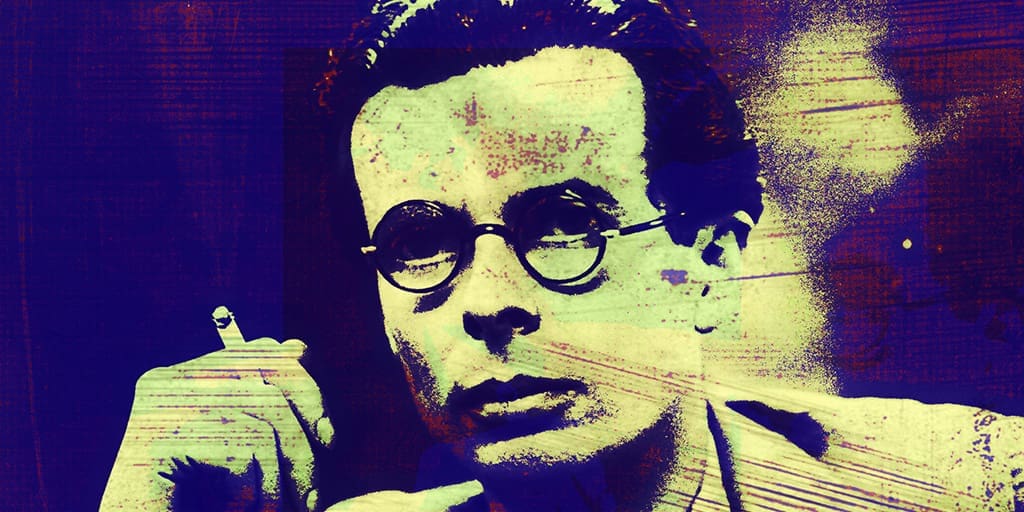
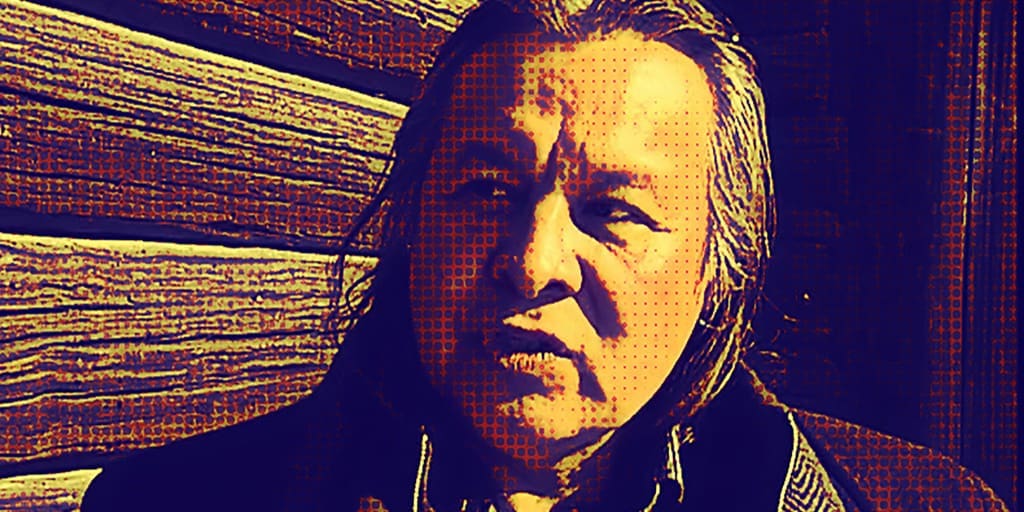

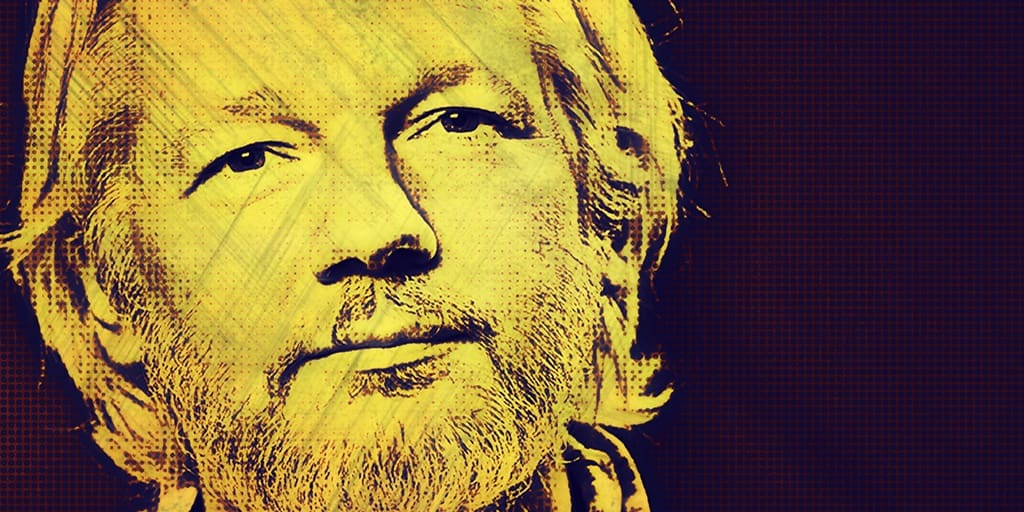

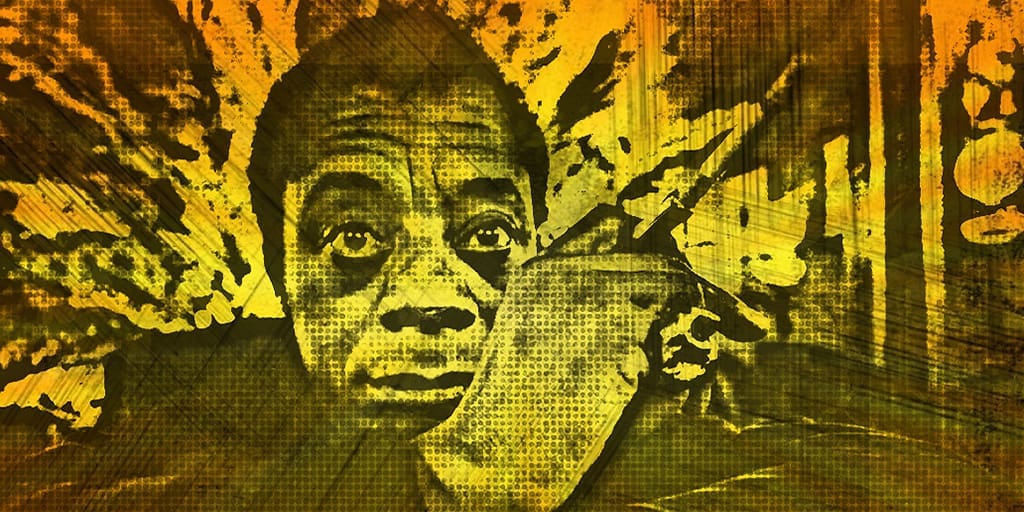

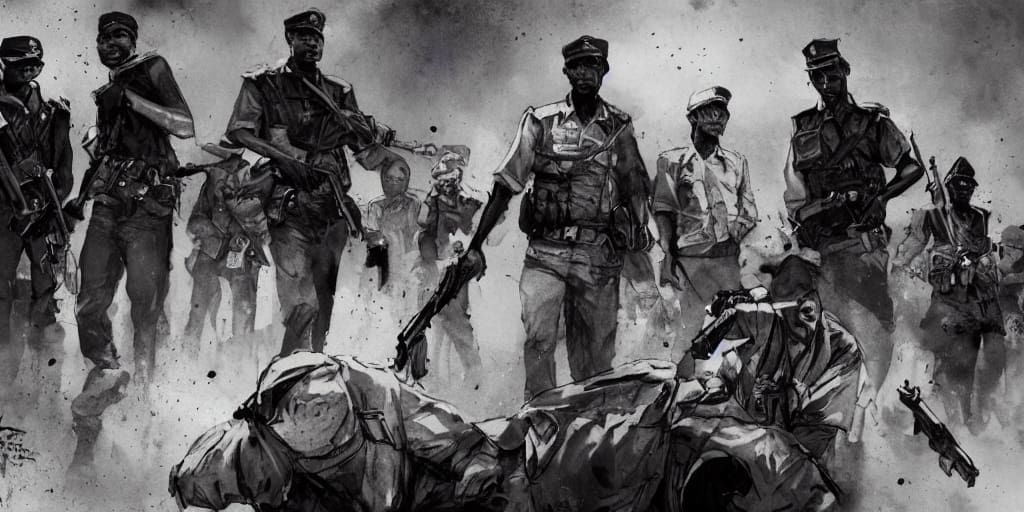



























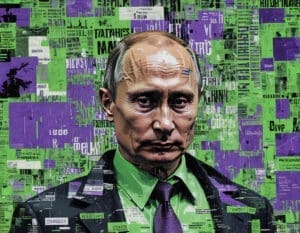


What do you think?